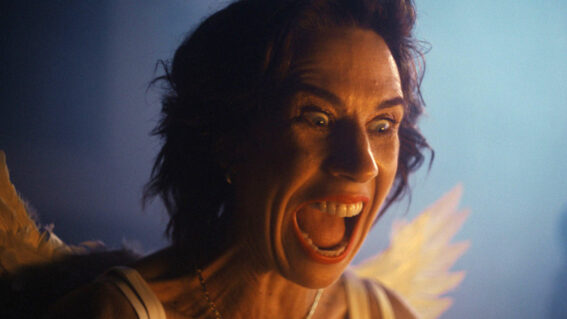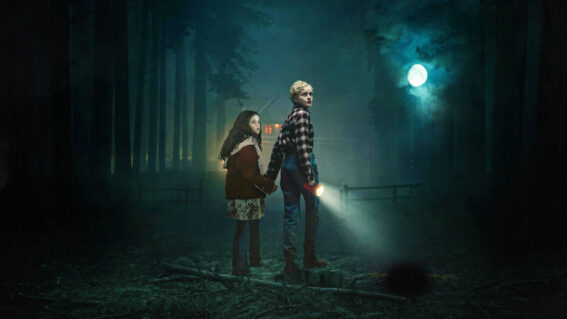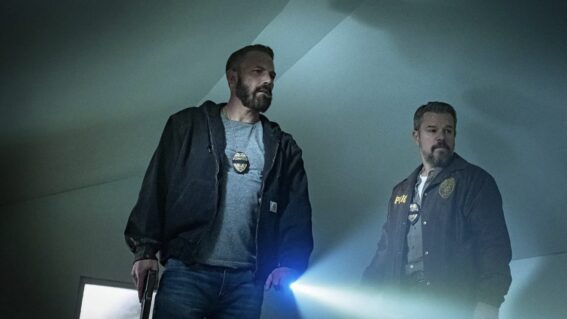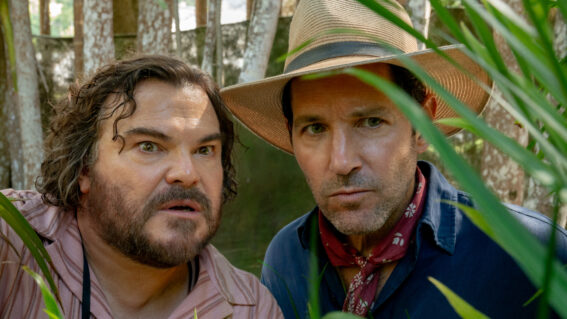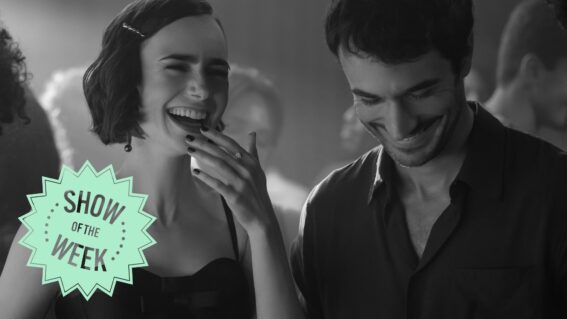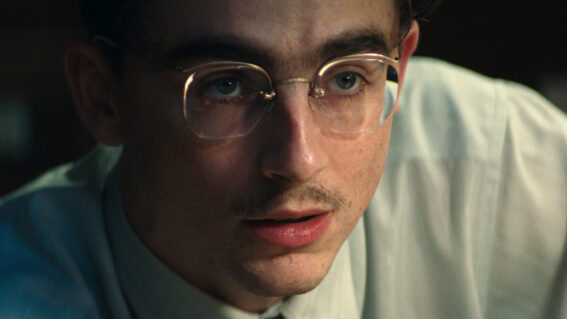This year’s Venice Film Festival winners and watchlist recommendations
Soft disappointments were evenly balanced by satisfying discoveries at Venice this year. Here’s what to keep an eye out for in coming months.
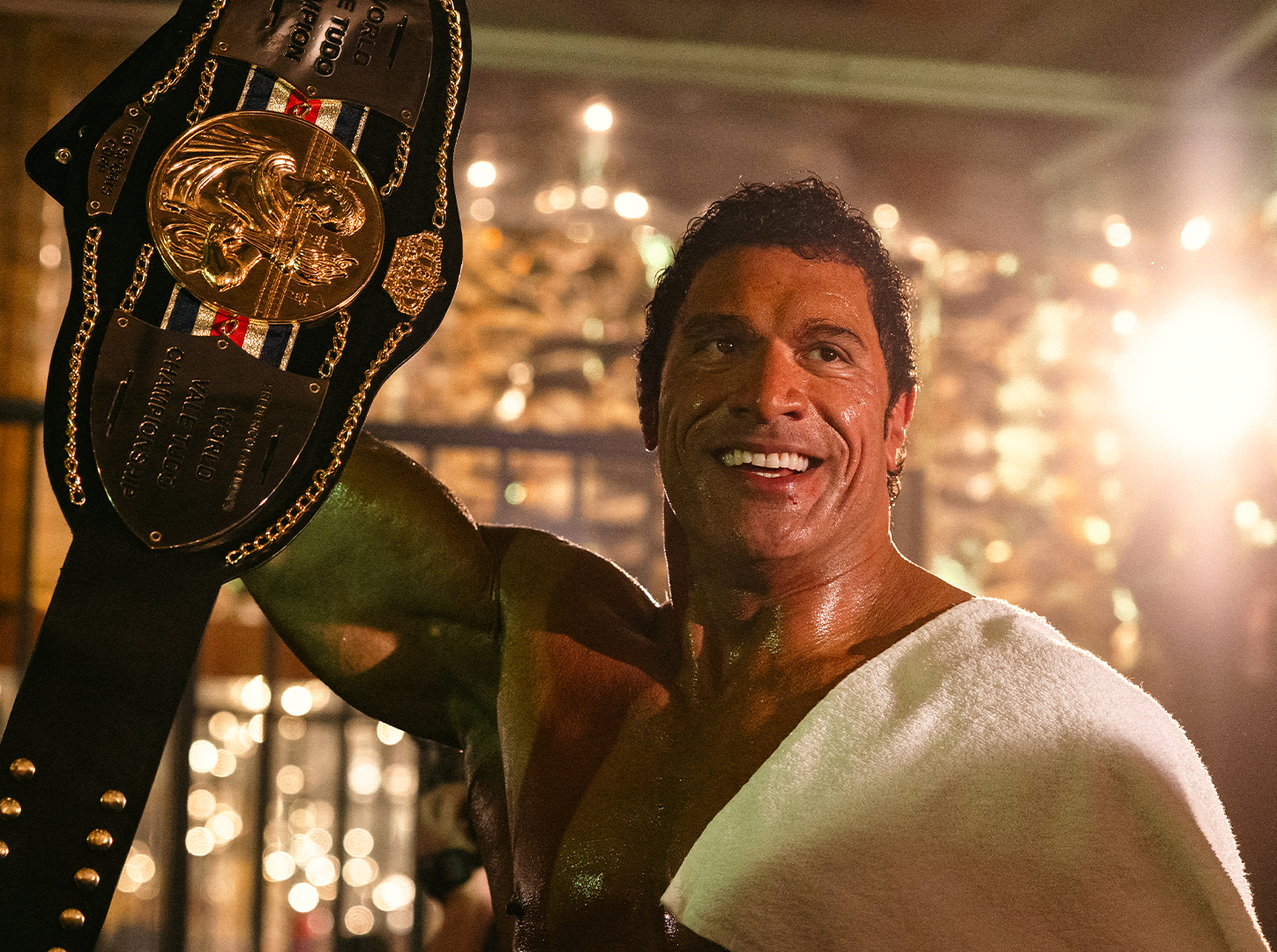
On the morning of 28th August, day two of the Venice film festival, awards season commenced with a bleary-eyed early screening of Noah Baumbach’s melancholic celebrity melodrama Jay Kelly. The following week would see the premiere of many more Oscar hopefuls from a murderer’s row of industry disruptors after mainstream glory—Netflix, A24, MUBI, and Amazon MGM—and Venice’s overlap with other Oscar-friendly festivals like Telluride and Toronto confirmed the suspicion that the especially buzzy English-language titles (and some choice non-English language ones) would be sticking around until the Academy Awards next March.
Related reading:
* Caught Stealing and the massive influence of 2017’s Good Time
* “We’ve become very, very paranoid”: Ari Aster explains Eddington
This is clearly not a good way to watch films—you should not spend any festival splitting exciting world premieres into too-easy categories of “awards potential” and “arthouse curio”—but Venice was not always a Hollywood favourite to begin the Oscar race. With the waning significance of Sundance and TIFF, European giants like Cannes and Venice have emerged as not just artistic hubs, but commercial launchpads too. This year’s edition was marked by the tension between these two camps, with as many soft disappointments as satisfying discoveries.
After missing out on an Italian Summer in 2024, Netflix returned with three big competition titles—Guillermo Del Toro’s Frankenstein, Noah Baumbach’s Jay Kelly, and Kathryn Bigelow’s White House situation room thriller A House of Dynamite. All three have a lot going for them: skilful, contemporary voices in proven, familiar territory: respectively, textured monster craft, wistful, sparky performances, and dread-inflected procedural realism.
But Netflix’s offerings were perhaps too supersized and polished for the Venice jury (led by Alexander Payne); they received no prizes, a fate shared with other English-language fare like Yorgos Lanthimos’ lean, absurd conspiracy thriller Bugonia, the Euro-produced and Paul Dano-starring The Wizard of the Kremlin (about the life of Putin’s spin doctor), and the arresting but muddled The Testament of Ann Lee. That last film is probably the strangest oversight from the Venice awards—messy as it is, director Mona Fastvold (the co-writer of The Brutalist; her husband Brady Corbet co-wrote Ann Lee) tells the story of the obscure “Shaker” religious movement with a breathless, choreographed verve that demands your attention, especially when star Amanda Seyfried is leading her crusade.
What English-language films appealed to Payne’s jury? A surprise Golden Lion winner, Jim Jarmusch’s uneven portmanteau film Father Mother Sister Brother boasts a bumper cast in a series of modestly shot and mostly pleasurable awkward family reunions. The Smashing Machine scooped up the Best Director prize for Benny Safdie, months before his brother and Uncut Gems collaborator Josh premieres his own solo project Marty Supreme. Dwayne Johnson has spoken plainly about his desire to do Serious Acting, and his conviction is all over his performance as troubled MMA fighter Mark Kerr.
But what other Venice performances deserve a PR campaign as disciplined and energised as Johnson’s?
Lee Byung-hun gives a tour-de-force of fragile masculinity in Park Chan-wook’s No Other Choice, playing a factory manager who is struck off, leaving his wholesome family at risk. In deciding to murder his unemployed competitors, his violent grind-set conflicts with his innate loser energy, and perfectly complements Park’s talent for macabre, socially-conscious farce. All three leads in Bugonia—Emma Stone, Jesse Plemons, and newcomer Aidan Delbis—deliver confident performances, and the intensity of Lanthimos’ kidnap plot makes them feel like the last three people left at the end of the world.
In Luca Guadagnino’s slightly baffling campus scandal drama After the Hunt, only a cynical and hostile Julia Roberts emerges unscathed; the inimitable Tony Leung dazzles in Silent Friend, an intimate but breathtaking multi-generation drama about humans drawn together trying to communicate with the impossible—in this case, a giant German tree.
It was a particularly strong year for documentaries—with Cover-Up, Laura Poitras and Mark Obenhaus teamed up to profile Seymour Hersh, an incomparable investigative journalist who broke torture scandals in both the Vietnam and Iraq wars, and worked tirelessly on holding power to account in between (he’s still at it today). Ross McElwee, whose most famous film is the 1985 doco Sherman’s March, brought us the devastating and intimate Remake; compiled from decades of his own footage, McElwee pieces together the fraught relationship with his son in the lead up to his death from a drug overdose.
Surrendering to an audience the evidence of how he raised his late son, as well as how that child felt about him up until his death, is an immensely moving experience. I sat a couple rows behind Ross himself, but my attention was drawn more to the three other audience members sitting on either side of me who looked exactly my age; we all wept throughout, shaking in our seats with, presumably, private reflections on our own family guilt and regret.
The most significant premiere of the festival was The Voice of Hind Rijab, a suspenseful and harrowing docudrama about a Palestinian emergency response team trying to save five-year-old Hind Rajab from Israeli forces inside a car filled with murdered family members. In dramatising an event from January 2024, director Kaouther Ben Hania (Four Daughters) has constructed a drama driven by the need for action in the face of atrocities, but equally the inability to carry out basic actions to save lives from the genocide machine.
The speculation of what awards such a distressing, immediate drama could win felt almost obscene (Ben Hania’s film ultimately won the Grand Jury Prize, effectively the runner-up award). Hind Rijab is the type of film that makes the celebrity attention and awards hype of a major festival feel small and tasteless. In a year where the festival reminded us confidently and comfortably of its Oscar and Hollywood importance, the self-importance feels especially strained.









